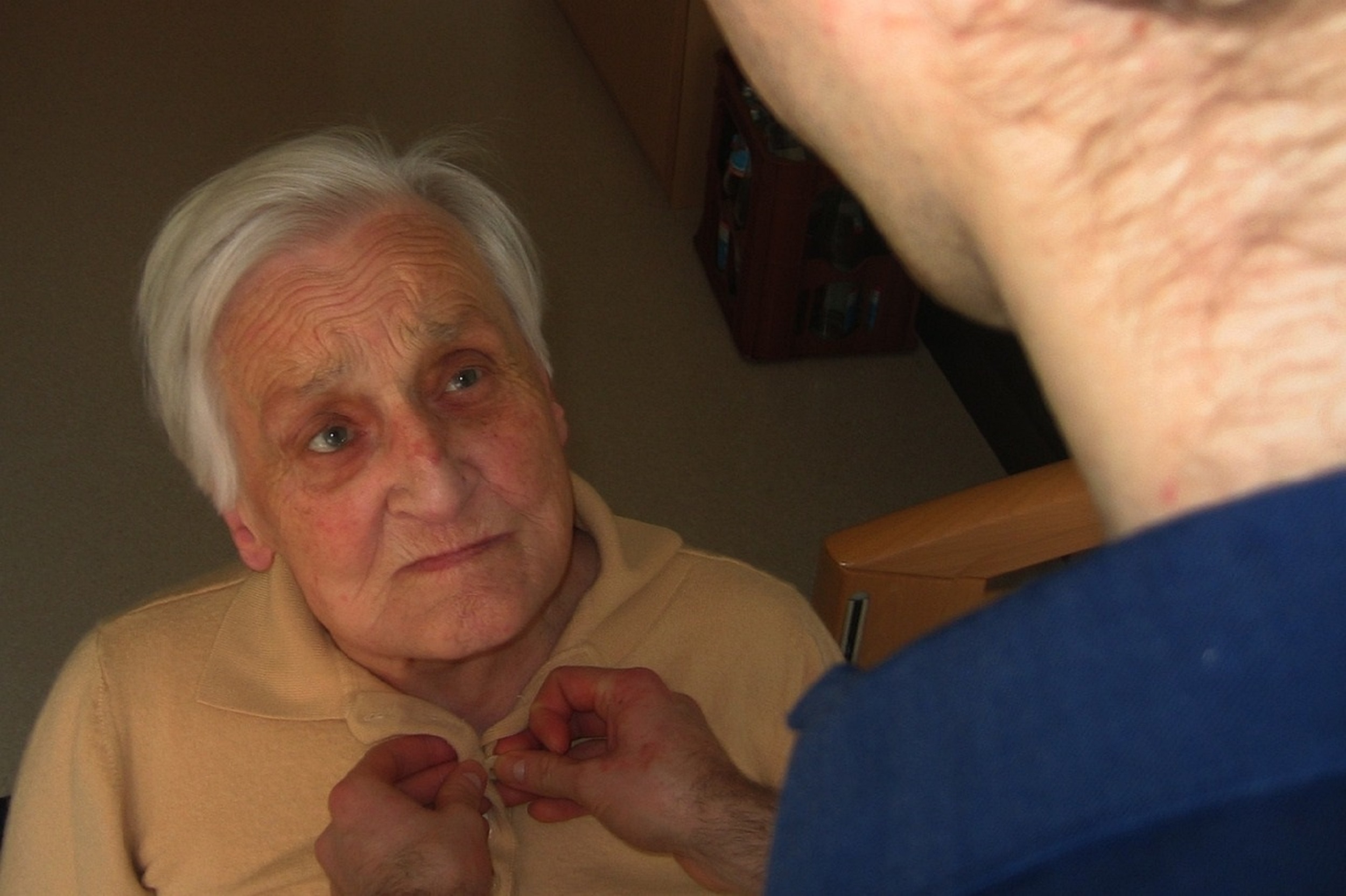Q My mother is struggling to care for my father, diagnosed five years ago with dementia. Is there a point where he will need residential care?
First of all, it’s good to see from your question that your mother is not entirely alone in caring for your father. Because she has you, and perhaps other relatives and friends nearby. There’s an old saying that ‘a burden shared is a burden halved,’ and although the percentages aren’t correct when it comes to dementia care, the principle is Scriptural and correct (Galatians 6:2).
One of the heaviest burdens is a syndrome known as ‘dementia caregiver burden’. The term is familiar in research but not among the 700,000-odd family and friends in the UK who find themselves caring for loved ones with dementia. They don’t even call themselves ‘caregivers’: they are simply spouses, adult children and relatives and friends doing the best they can.
Those who have the support of others generally experience lower caregiver burden, and are more likely to care at home until the end of the journey. Others, lacking this support, are like Atlas holding their whole world on their shoulders. They also carry a raft of negative emotions, like guilt, inadequacy and grief, and higher levels of stress that can lead to physical and mental ill health.
There are ‘tipping points’ in dementia care where residential care is the best, if not the only option for both the caregiver and the care recipient. An example is when the caregiver’s health becomes so poor that they are physically unable to continue: often compounded by lack of sleep.
Another tipping point is the care recipient’s health. Molly’s husband developed difficulty swallowing and needed to be fed by trained carers. Severe incontinence can become an issue. Two sisters who cared for their father in turn said they only managed because they regularly replaced his trousers and underwear rather than wash them frequently. In addition, they said, they had to change his bedding every day and their washing machines were always busy.
It’s wise to discuss the possibility of residential care even before the journey begins. I’ve known people with their minds set against it for subjective reasons that don’t stand up to scrutiny. I always invite them to spend an hour or two in one of our care homes and experience the expertise and the peace. Two pastors told me they valued the ‘quality time’ they spent with their wives, and the peace they had knowing they were safe when they left.





































